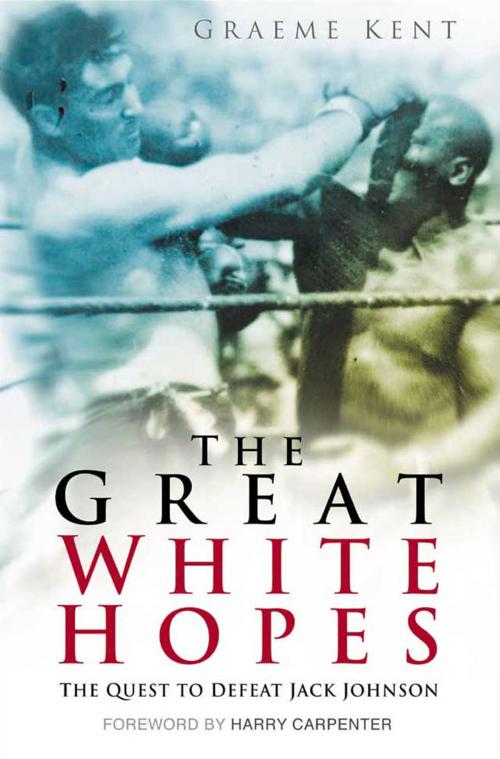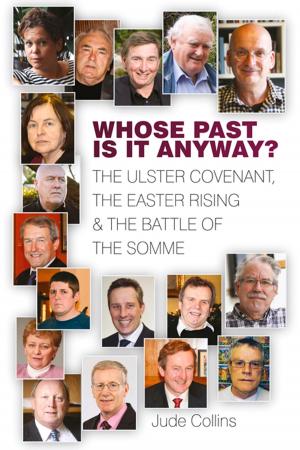| Author: | Graeme Kent, Harry Carpenter | ISBN: | 9780752496153 |
| Publisher: | The History Press | Publication: | March 17, 2005 |
| Imprint: | The History Press | Language: | English |
| Author: | Graeme Kent, Harry Carpenter |
| ISBN: | 9780752496153 |
| Publisher: | The History Press |
| Publication: | March 17, 2005 |
| Imprint: | The History Press |
| Language: | English |
In Sydney, Australia, in 1908 the brash and talented black fighter Jack Johnson won the heavyweight championship of the world from the Canadian Tommy Burns. There was an immediate storm of protest. Writers, including Jack London, and politicians feared the accession of the fearless and outspoken Johnson would threaten white supremacy. It was predicted - accurately - that his reign would lead to civil unrest and race riots. Over the next seven years, more than thirty fighters lured by the prospect of fame and a quick buck sought to regain the title from the black champion. Their stories - tragic, humorous and often deeply moving - were soon emblazoned across the headlines of thousands of newspapers. The stumbling would-be fighters emerged from farms, factories, mines, jails and hobo jungles to take part in one of the most bizarre epochs in the history of boxing and to add a new phrase to the English language, the White Hopes. In the process they were handled by some of the most venal and corrupt managers and promoters ever to be found outside a prison exercise yard.
In Sydney, Australia, in 1908 the brash and talented black fighter Jack Johnson won the heavyweight championship of the world from the Canadian Tommy Burns. There was an immediate storm of protest. Writers, including Jack London, and politicians feared the accession of the fearless and outspoken Johnson would threaten white supremacy. It was predicted - accurately - that his reign would lead to civil unrest and race riots. Over the next seven years, more than thirty fighters lured by the prospect of fame and a quick buck sought to regain the title from the black champion. Their stories - tragic, humorous and often deeply moving - were soon emblazoned across the headlines of thousands of newspapers. The stumbling would-be fighters emerged from farms, factories, mines, jails and hobo jungles to take part in one of the most bizarre epochs in the history of boxing and to add a new phrase to the English language, the White Hopes. In the process they were handled by some of the most venal and corrupt managers and promoters ever to be found outside a prison exercise yard.















